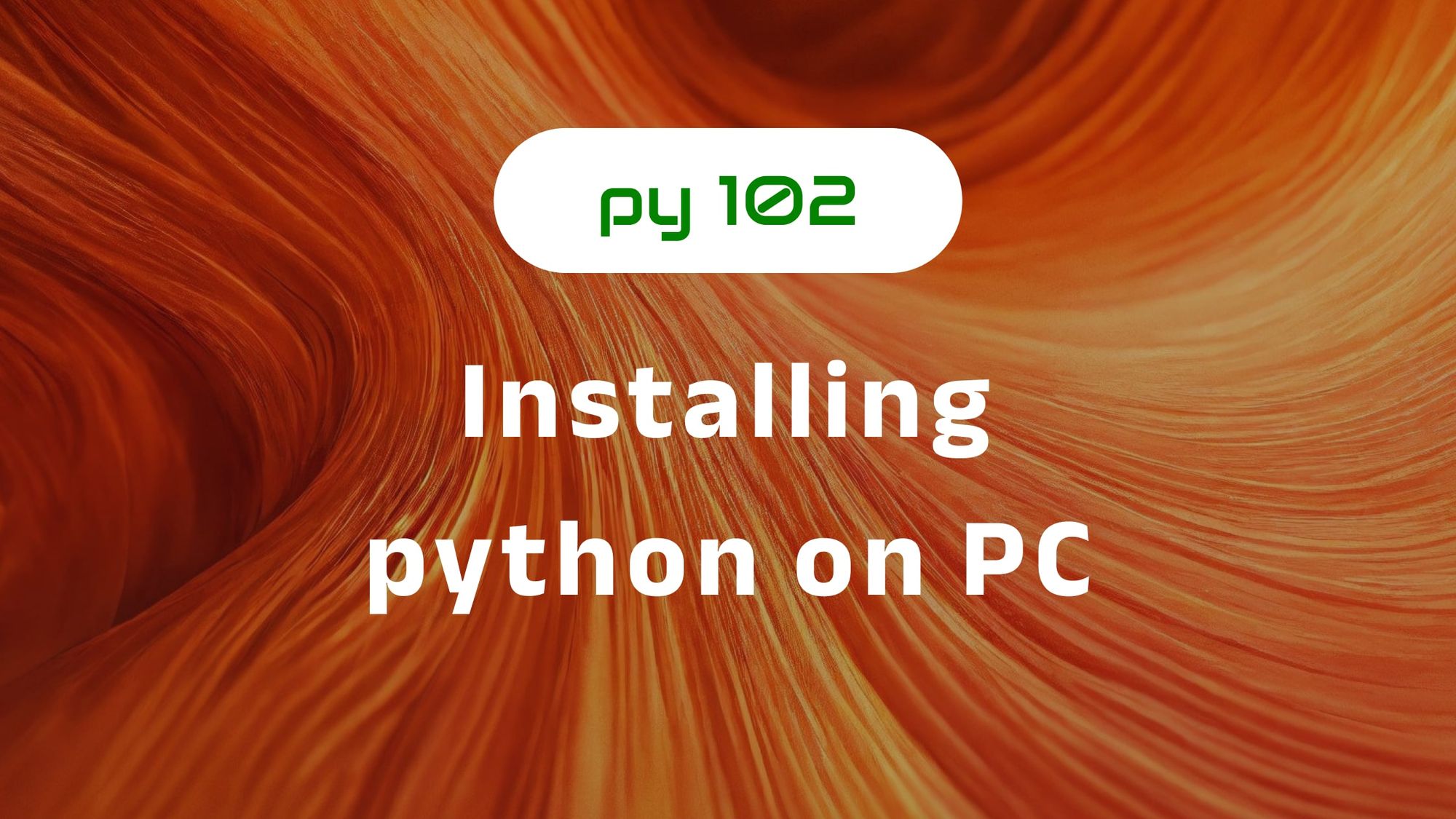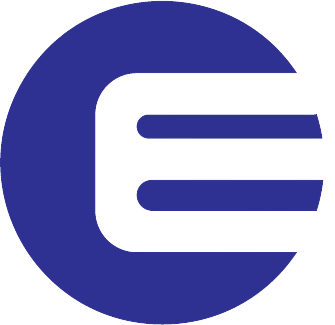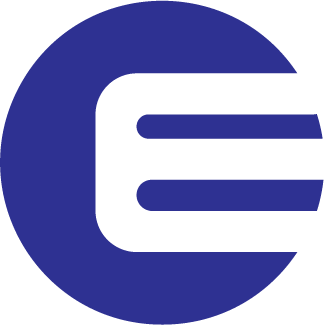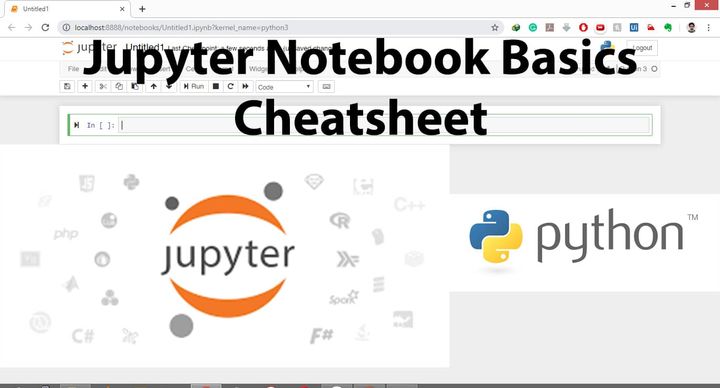py-101 What is Python? Its history uses, and why it's popular.

Python, the high-level programming language known for its readability and beginner-friendliness, has cemented its place as a favorite among developers worldwide. But what exactly is it, and how did it achieve such widespread adoption? Let's dive into the history, diverse applications, and promising future of this dynamic language.

If you are searching for a classroom or certification course here are some recommendations
- Python for Everybody [Getting started with python]
- Datacamp's Interactive Python course.
- Codecademy Interactive Python course.
- Google-certified Python Course Crash Course in Python.
- Python for Data Science, AI & Development by IBM.
From Humble Beginnings to Global Phenomenon
Born in the late 1980s from the vision of Guido van Rossum, Python aimed to be a clear and accessible language, inspired by ABC. Released in 1991, it quickly gained traction for its focus on readability and beginner-friendly syntax. Python 2.0 in 2000 marked a significant leap, but the pivotal moment came with Python 3.0 in 2008. This version brought substantial improvements but required code changes, leading to a gradual transition. Finally, in 2020, Python 2 officially reached its end-of-life, solidifying Python 3 as the dominant version.
Used in Diverse Industries
Python's true strength lies in its versatility. It seamlessly adapts to various domains, making it a valuable tool across industries:
- Web Development: Frameworks like Django (https://www.djangoproject.com/) and Flask (https://flask.palletsprojects.com/en/2.2.x/) power countless websites and web applications, including Instagram and Spotify.
- Data Science and Machine Learning: Libraries like NumPy (https://numpy.org/), Pandas (https://pandas.pydata.org/), and TensorFlow (https://www.tensorflow.org/) make Python the language of choice for data analysis, AI development, and scientific computing.
- Automation and Scripting: Python's simplicity and efficiency are perfect for automating repetitive tasks, from system administration to web scraping with tools like Beautiful Soup ([invalid URL removed]).
- Game Development: Popular game engines like Pygame ([invalid URL removed]) and PyOpenGL (https://pyopengl.sourceforge.io/) empower developers to create engaging games.
- Education and Research: Python's clear syntax and vast libraries make it ideal for teaching programming concepts and conducting research in various fields.
Why Python Reigns Supreme
Several factors contribute to Python's immense popularity:
- Readability: Python's code resembles natural language, making it easier to learn and understand, even for beginners.
- Versatility: Python excels in various domains, offering a one-language solution for diverse needs.
- Large Community and Resources: A thriving community provides extensive support, tutorials, and libraries through platforms like Stack Overflow (https://stackoverflow.com/questions/tagged/python) and the Python Software Foundation (https://www.python.org/psf/).
- Open Source and Free: Python's open-source nature fosters collaboration and makes it readily accessible.
The Future: Where's Python Programming is Headed?
With continuous development and adoption, Python's future is bright. Here are some exciting trends to watch:
- Growing AI and Machine Learning Applications: As AI and ML advance, Python's role in these fields will only become more crucial.
- Cloud and Serverless Computing: Python's compatibility with cloud platforms like AWS (https://aws.amazon.com/) and Azure (https://azure.microsoft.com/) opens doors for scalable and efficient development.
- Focus on Developer Experience: Continued improvements in readability, automation, and tooling will further enhance the development experience.
So, whether you're a seasoned developer or just starting your coding journey, Python deserves a closer look. Its ease of use, vast potential, and thriving community make it a language worth learning and exploring. Remember, the possibilities are endless, and with Python, your coding journey can be as dynamic and versatile as the language itself.
Up Next





